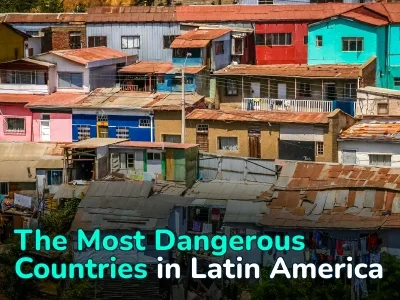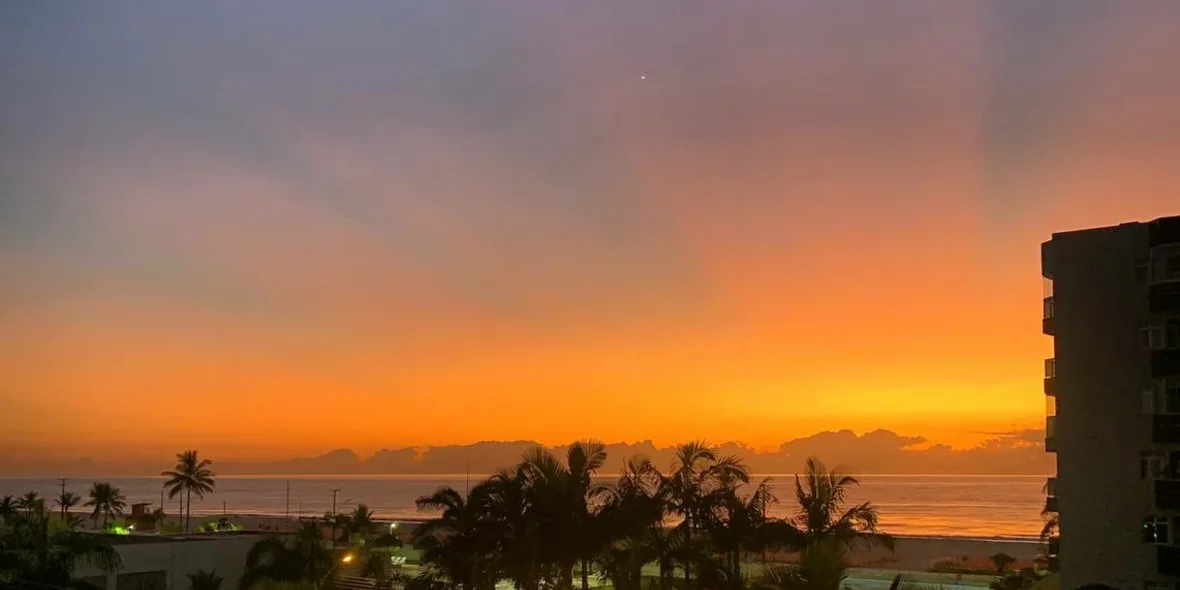
“Crime rates from one city to another can differ 10–15 times.” What's important to know about Brazil and its locals if you're going to live there?
What is the safest part of Brazil to live in? What is the result of the fierce competition between real estate developers in the country? Why is English not enough to live here? About all this, as well as the good-naturedness of Brazilians, average salaries, taxes, and the cost of living point by point—read in our big material.
“We settled in the most ecological city in South America.”
Nadezhda told us about her experiences living in Brazil and finding housing there.
— Our family consists of me (37 years old), my husband (42 years old), and our children (1-year-old, 11, 13, and 15 years old). I work as an interface designer, and my husband works as a programmer.
We started planning our move in February 2022. I was pregnant at the time, and we chose Brazil, a country that gives citizenship by right of soil. If you give birth to a child in Brazil, the child automatically becomes a citizen of that country. And further down, the whole family is entitled to permanent residency and, if they successfully pass the Portuguese B1 level, citizenship.
Parents can apply for citizenship after one year of residence on permanent residence documents. Older siblings aged 10+ are eligible to apply after 4 years of residence, and those under 10 can apply as soon as they obtain a permanent residence permit (i.e., they do not have to wait even a year like their parents). Grandparents of a Brazilian child have the same rights as older children aged 10 or older. Unlike in Argentina, you don't have to go through the courts or hire a lawyer. The whole process is as transparent as possible.
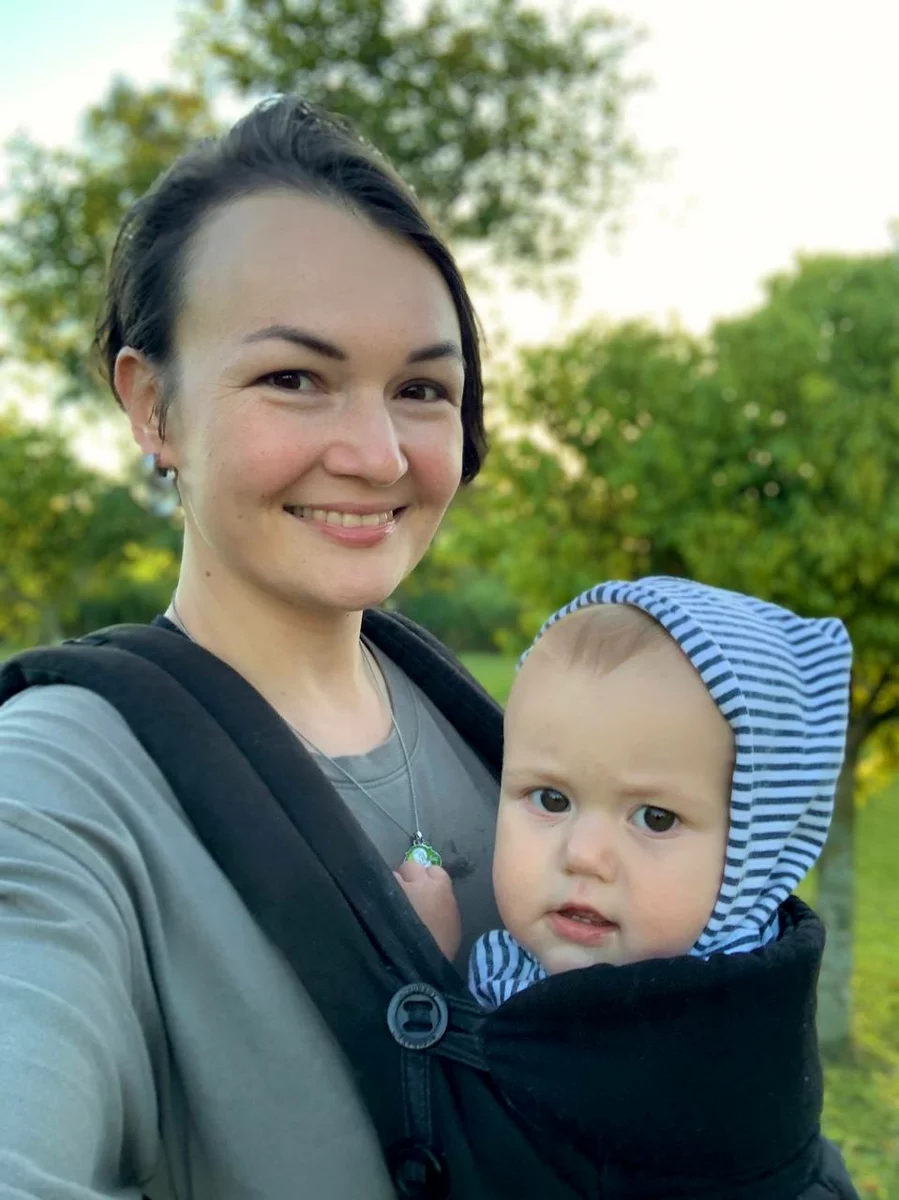
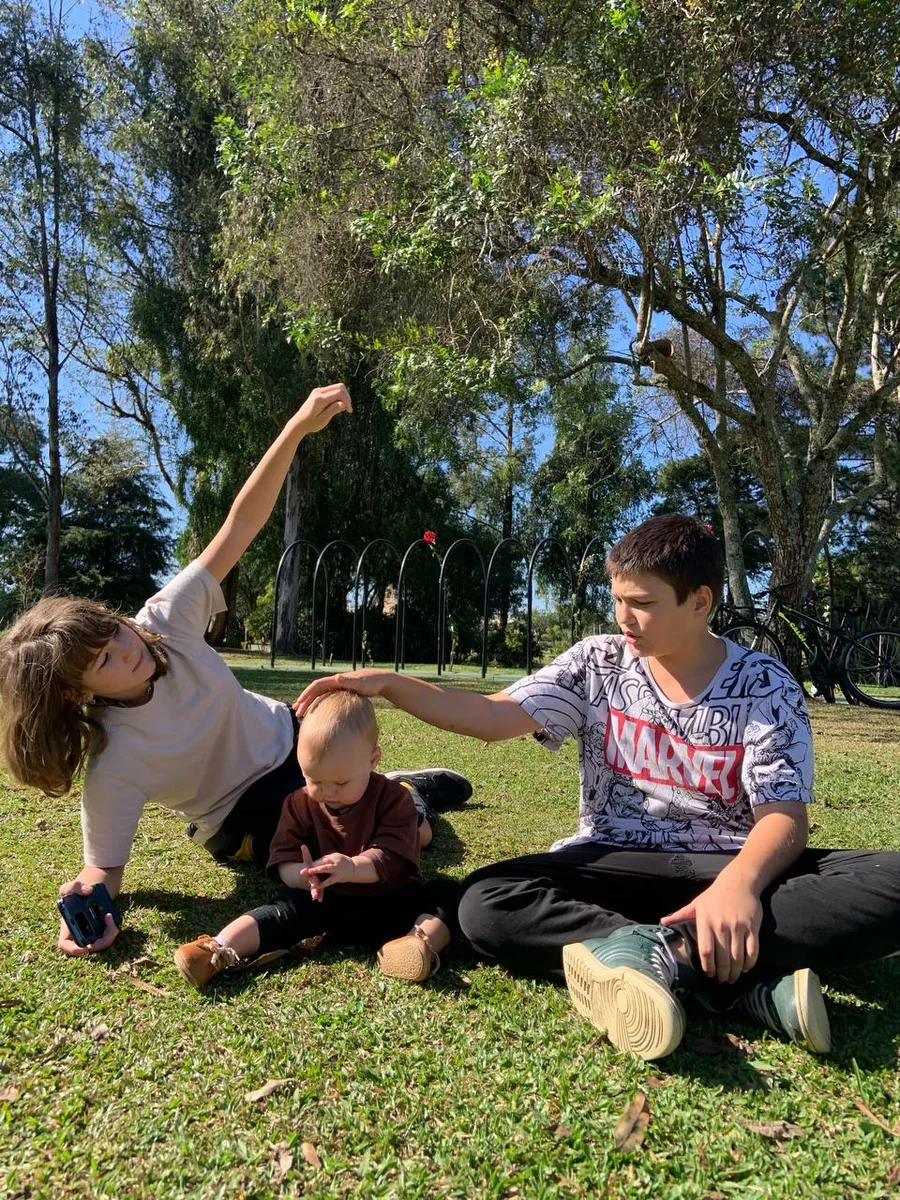
— We have been living in Brazil for a little over a year now, since April 2022. Before moving, we analyzed different Brazilian cities according to our personal criteria: safety, a convenient urban environment with developed public transport, low-cost living, and a variety of recreational facilities (parks, theaters, and museums). We ended up settling in Curitiba, a city of three million inhabitants that is considered to be the most environmentally friendly in South America. And we are very happy with the choice.
We haven't traveled much around the country so far, but São Paulo, where we were for a week, really scared us—with its abundance of homeless people and monstrous traffic jams, as well as the contrasts of neighborhoods (from posh to scary favelas).
“In Brazil, insurance against robbery and theft is common.”
— I will tell you about the pros and cons of living in Brazil, starting with what I don't like.
First, the average Brazilian crime rate is significantly higher than the average Russian level. You should carefully choose a city to live in because the crime rate from one to another can differ by 10–15 times. The south of the country is more calm and more European, while the north is more criminal.
In addition to the city, you also need to consider which neighborhood to settle in because the difference can also be significant. The most disadvantaged districts in most Brazilian cities are the Centro districts (in the city center, people can snatch your phone out of your hands and drive away on a motorcycle in a matter of seconds).
For example, our apartment complex has not had a single theft in 30 years. And we often don't even close the front doors (which are as thin as interior doors) in the apartment. But on the street in the city center, I don't wave my cell phone around, and if I need to write a message or make a call, I stop and turn so that I can see both sides of the sidewalk.
The system of punishment in Brazil differs significantly from Russia, and even those who are in jail for serious crimes can be released home for vacation with a GPS bracelet on their leg (which, as we all understand, can be cut off and run away). And for a stolen phone, a thief can serve only a few days! This is the main disadvantage of the country, and the locals themselves are very tired of such loyal laws. Insurance against robbery and theft is in use here.
It was also hard for us to get used to the fact that, although there are food delivery apps here, due to our specific taste habits, it is not possible to order everything in one place. For example, it took us a long time to figure out how to organize the delivery of good, natural bread. We have to go separately to another store for cottage cheese and cereals because hypermarkets don't have them. Fish is much tastier and cheaper at the market, so once every 2 weeks we go there specifically for fish. It's very unusual, as if we were back in the early 2000s.
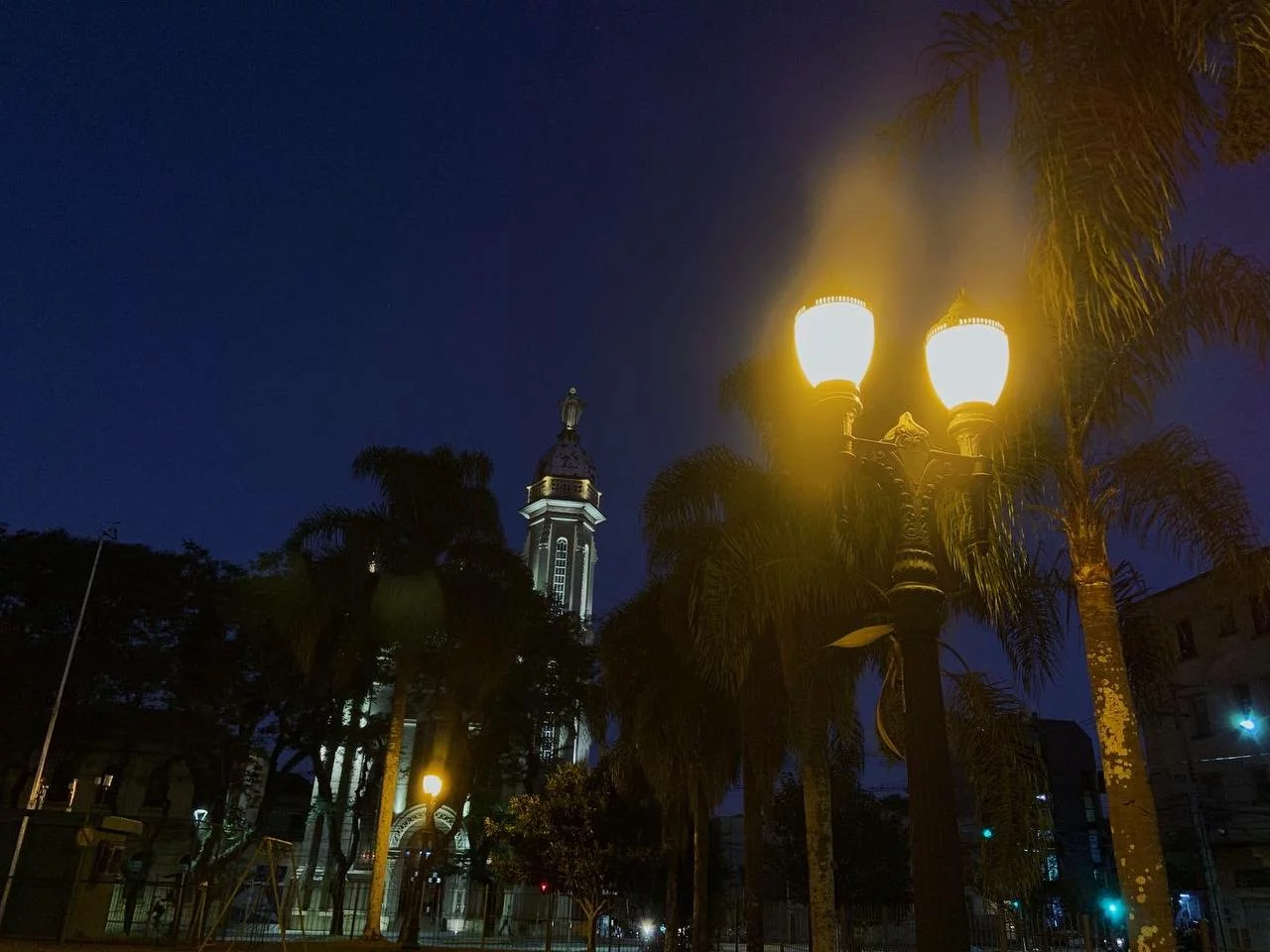
“The locals are very fond of savoring this life.”
— The pros of living in Brazil are many and outweigh the cons.
The first is the climate! We settled in the south of the country, and the climate here is as similar to Los Angeles as possible—only the ocean is not icy like there, but from +18 degrees in winter to +28 degrees in summer. Our town is 90 kilometers from the beautiful beach. It's August (it's like February in the Northern Hemisphere), and we have +25 and sunshine outside our window. The country is huge, and there are cities here with eternal summer and +30 degrees (air and water).
The second thing is the people! Brazil is a country of immigrants. Here, we have never once heard any negativity in our address; on the contrary, everyone tries to help. Everyone is very interested in asking a foreigner if he likes Brazil and why he came here. Locals can easily leave their contacts so that you can call/write to them in case of anything. Brazilians also adore small children, always smiling at them and trying to talk to them.
In general, the locals are very fond of savoring this life: they are in no hurry, very polite, and stand quietly in queues at the clinic or in the supermarket.
Brazilians are very relaxed and good-natured; they can walk down the street without shyness and dance or sing songs. No one pays attention to it.
The third thing is freedom of speech. You have the right to express your opinion about anything.
Fourth, there's a huge competition between real estate developers. Thanks to this, it is normal to have a swimming pool, party room, barbecue area, library, gymnasium, and many other things in the common use of a closed residential complex. Each apartment is designed with 1-2 parking spaces, which are necessarily included in the price of the apartment. This is not considered something elite; it is just the norm.
Fifth, the quality and price of fruit, vegetables, and meat. It is very different from Russia. There are “all for one price” stores where you can choose any fruit and vegetables for about 70 cents per kilogram.
Sixth—taxi. A little cheaper than Russian ones and have the same variety of call apps. But there is no possibility of calling a cab for a certain class; you cannot order it with a child car seat.
As for infrastructure, it is difficult to speak about the whole country—Brazil has 17 million cities, and the population of the whole country is 200 million people. In the city of Curitiba, where we live, I can say that here they keep things clean, sort garbage, create a huge number of bicycle lanes, have bicycle rentals, and have more than 30 clean and beautiful parks, museums, and theaters. For each person in our city, we have 56 square meters of green space, compared to the norm of 9! There are almost no traffic jams. Such stars as Paul McCartney and Evanescence come to the city to give concerts.
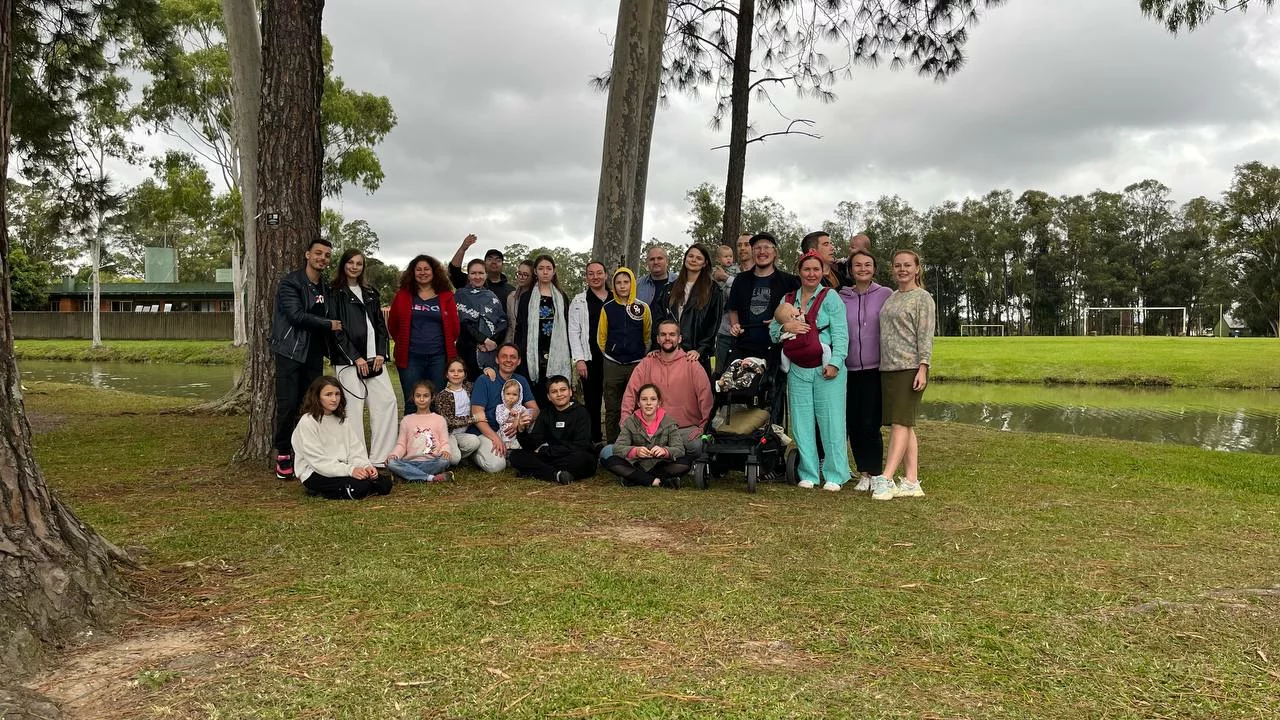
“Spending for a family with kids and a large apartment is about $3,000 a month.”
— Now, let me tell you about prices.
Foreign equipment is more expensive here because of the 60% duty. For this reason, we traveled here with our own computers, and when someone from the community goes to Russia, we just order what we need. The locals have adapted and make shopping trips to Paraguay, where prices for tech are lower, plus or minus.
I order my clothes and shoes on AliExpress and SHEIN, as I am not satisfied with the price/quality ratio in local stores. Of my seventy online orders, the Brazilian government has imposed duties on four, but it's still better than buying from offline stores.
Gasoline in Brazil costs about $1.2 per liter, and many cars run on ethanol for $0.9.
Let me break down, point by point, what the cost of living is in the city of Curitiba. In Rio, you can safely add +50% to this, and in a small city in the north of the country—at least minus 30%.
- Renting an apartment in a good neighborhood costs an average of $500 per month (1 bedroom) and $1000 (3-4 bedrooms). You can find a studio apartment for $200, but there will be no furniture.
- Food and household goods can cost $300/month per person (if you often go to cafés or buy alcohol, multiply by 2). It will reduce the budget if you do not buy seafood, nuts, and delicacies.
- Housing and utilities range from $70 to $350 (electricity, gas, water, and household needs).
- Home Internet—$20.
- SIM card with a decent tariff—$10.
- Dense lunch in the dining room—$5-7 per person.
- A trip to a nice café with good food—$10-15/person.
- Ultrasonic teeth cleaning will cost $25-30, the same amount as a filling.
- Ultrasound (for pregnant women)—$40.
- Doctor's appointments—$0 to $120.
- Childbirth—from $0 to $3500.
- A taxi ride—from $2 (for 10 minutes around the city).
- A bus ride costs $1.03.
- Bus to São Paulo—$20 to $30 per person (8-hour drive).
- Private school/daycare—$200-800 per month.
- A full-time nanny costs about $700 per month. In the case of hourly pay, $5/hour.
- Cleaning a large apartment will cost $40.
- Portuguese language courses range from $0 to $60/month.
- A ticket to a concert like Backstreet Boys costs $140.
- A weekend at the beach with a large family, an apartment, and café rentals—$300 to $500.
For a family with children and a large apartment, it comes out to about $3000/month without private schools (with them, it will be $4,000). A young couple can get by on $2000; one person will live fine on $1500
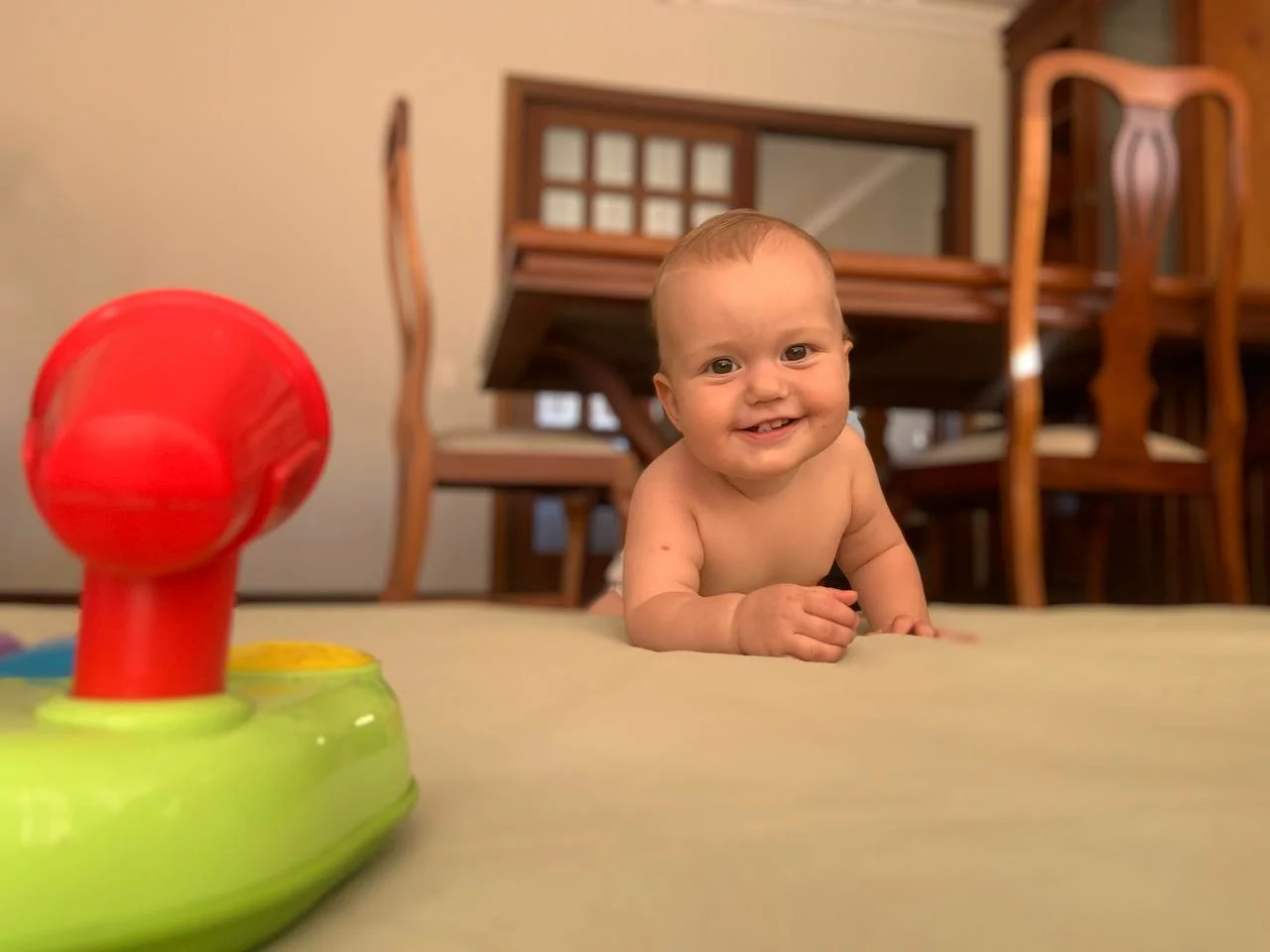
“Doctors, teachers, programmers, and engineers earn well.”
— Salaries here, in general, are small; the average salary in our city is about $700. There are a lot of unemployed people in the country. Pensioners get from $250 to $800 (but this is a rare case).
Doctors, teachers, scientists, programmers, and engineers earn well—from $1500 to $4000, depending on their qualifications.
IT specialists are very much in demand. By local standards, they earn good money, but since the time zones coincide with the USA, many of them tend to learn English and work remotely in the USA, with salaries two times higher.
Everyone can open a small business with two clicks on the site. Conditions for small businesses are very loyal: there are self-employed who pay taxes only as a monthly fee of about $20. But if their annual profit exceeds 16 thousand dollars, they need to open another form of enterprise and pay taxes of about 7.5%.
“Mortgage rates are directly related to credit scores.”
— Real estate and rental prices depend strongly on the area of the city and on the city itself. Prices in Rio for buying and renting are comparable to Moscow, and in Curitiba—to Rostov-on-Don.
In Curitiba, for $160,000, you can buy an apartment for 180-200 “squares” in a prosperous neighborhood with four bedrooms, four equipped bathrooms, two cars, and a barbecue area on a huge balcony. And this apartment will already be renovated (simply—white painted walls and tile/laminate on the floor). At the same time, in the condominium (condominium—this is a public area of the residential complex), there will be a swimming pool, gym, mini-football court, party room, and much more.
For $35-40 thousand, you can buy a townhouse in a quiet suburb of Curitiba, 120–150 square feet, with two cars, two or three bedrooms, and one hundred acres of free land. The center of such a suburb can be reached in half an hour.
For the same 35-40 thousand dollars, you can buy a small single 40 apartment with one parking space in a good area of the city, which will be close to the center.
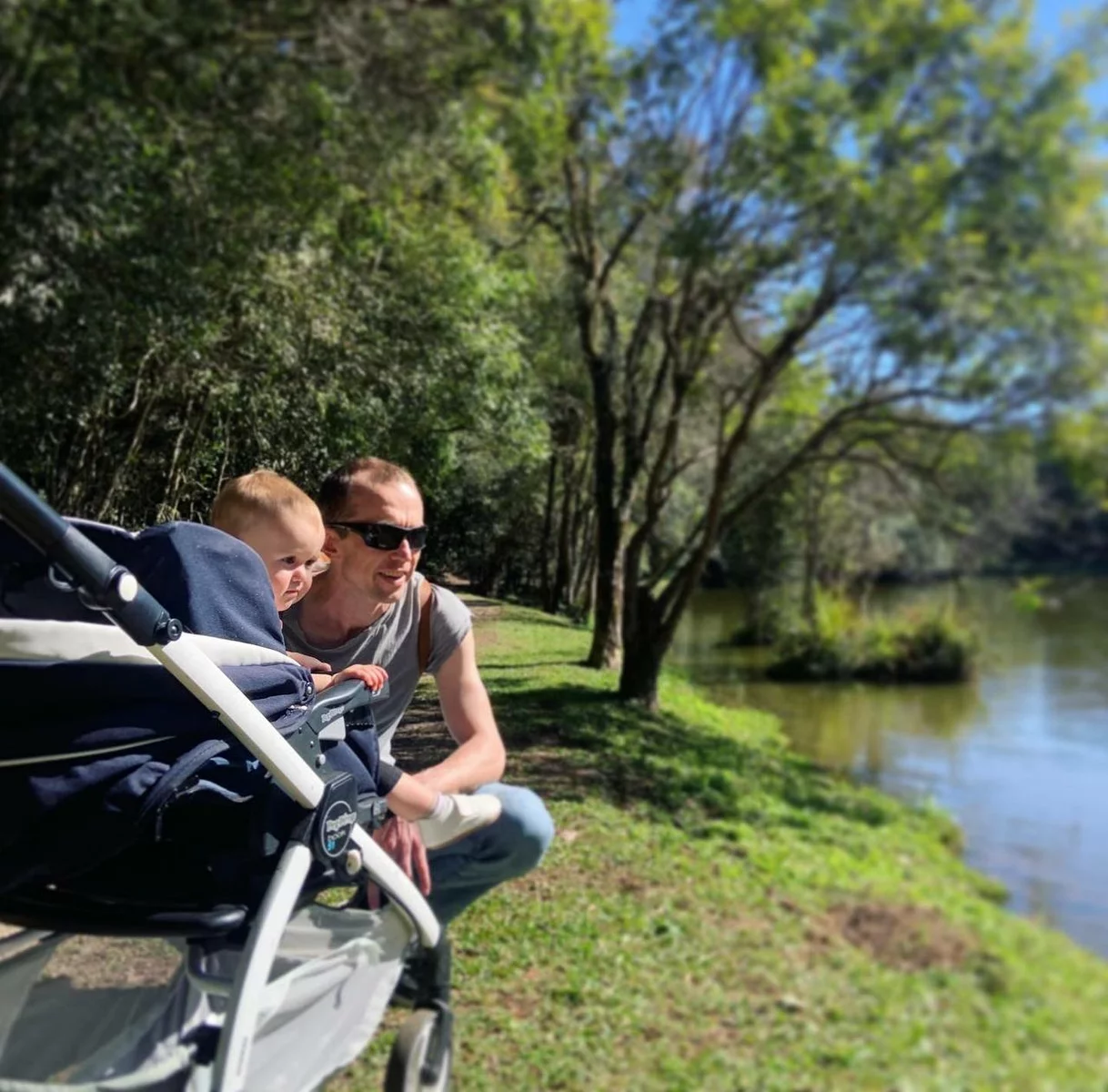
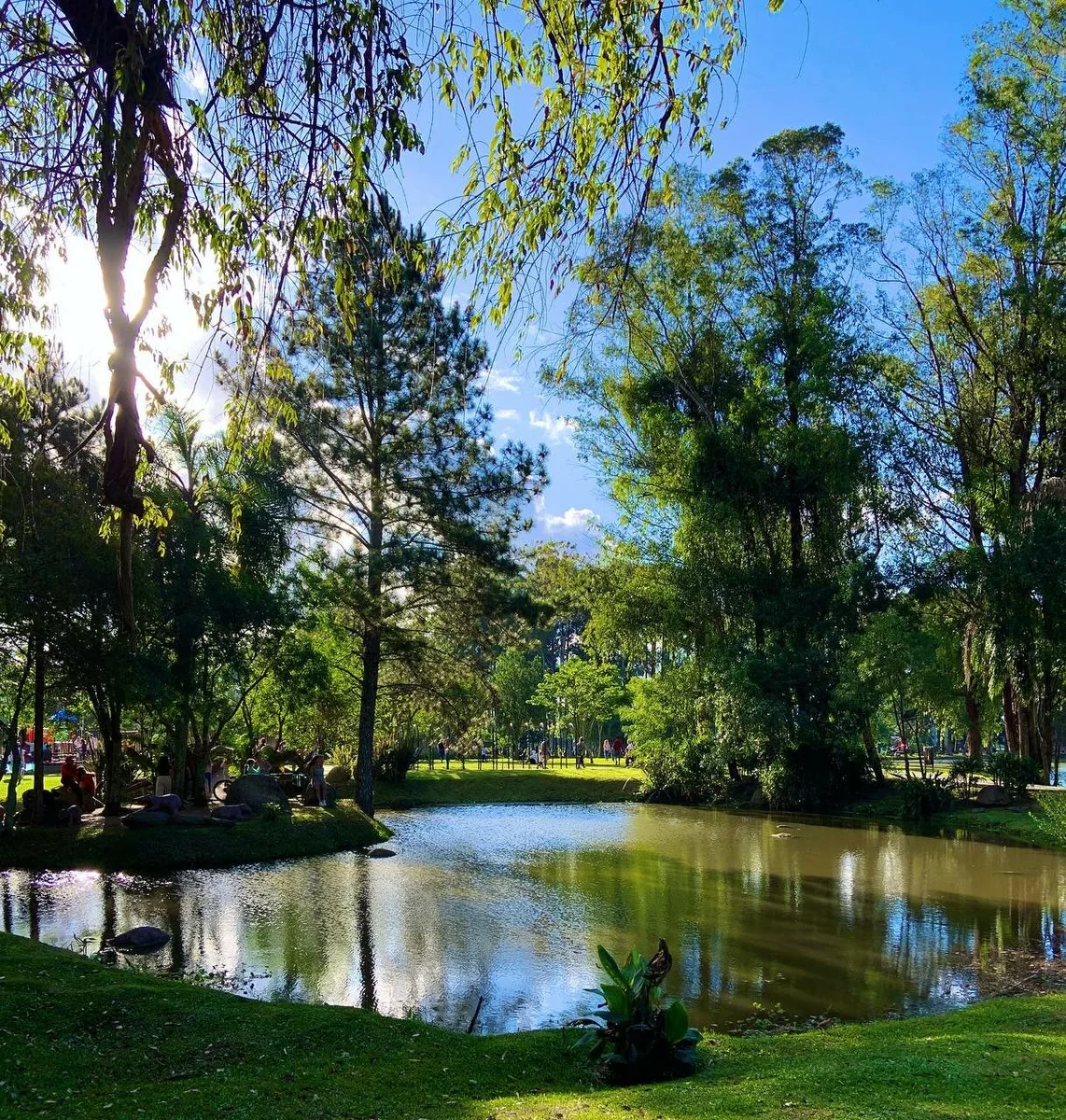
— Among the peculiarities of the local real estate market, I can note that each resident has his or her own credit rating, which can be tracked online. The more delinquencies you have for housing, utilities, or loans, the lower the rating. The higher your official income, the higher the rating.
Many properties can be mortgaged for up to 30 years, but the rate depends directly on your credit rating. Since I am now “new” in the country, with a tax number that is less than 3 years old, the program calculates a mortgage at 9.5%. Generally, if you take out a mortgage for 15–20 years, the payments will not be significantly higher than rent payments. The down payment on a mortgage is most often about 15-20% of the value of the property.
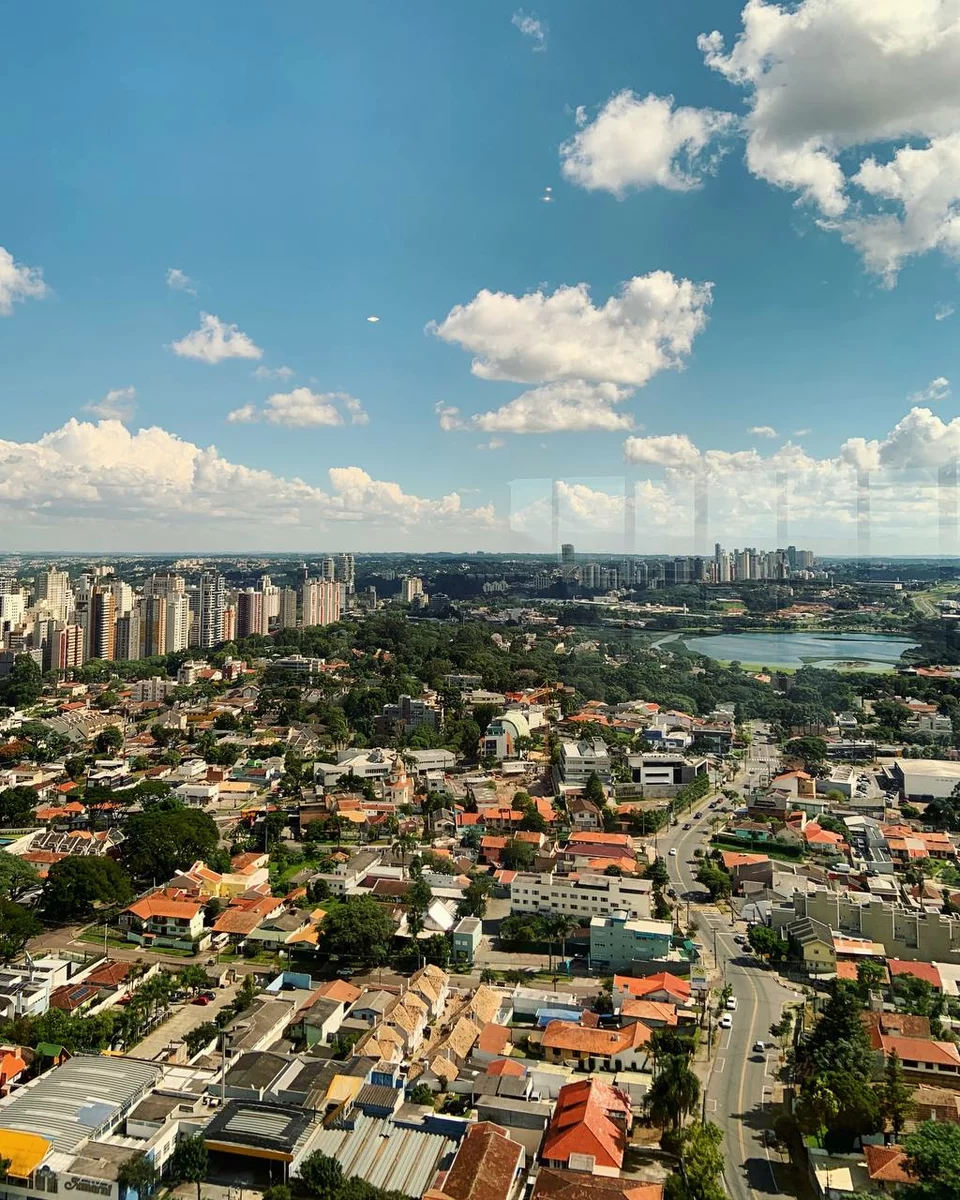
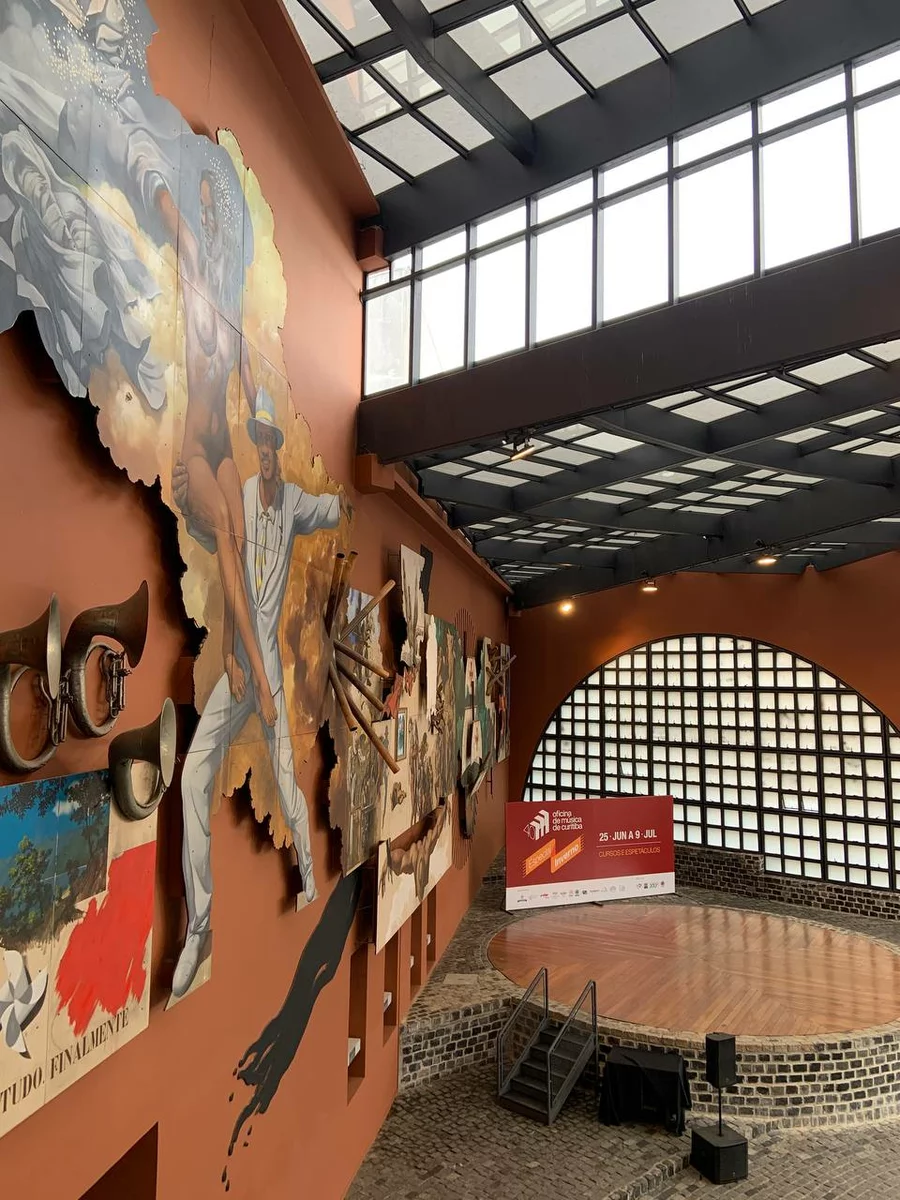
“Real estate agencies have very big demands on the tenant.”
— We looked for an apartment for rent twice—first for a one-bedroom apartment when we came together with my husband to give birth, and six months later for a four-bedroom apartment when I brought my older children from Russia. We found both apartments on the olx website, putting filters “rented by owner”, because real estate agencies have very big demands on the tenant (you need to prove your income, provide a guarantor, or take out expensive insurance; they also ask you to leave a deposit equal to 6-12 rent payments). This is so because if the tenant loses his job, the landlord has no right to evict him to the street, and some crafty people have lived like this for free in someone else's apartment for years.
We found the first apartment thanks to the fact that we both communicate well in English, and the landlord (who turned out to be an employee of a Brazilian bank) simply asked us to open our bank applications and looked at our Russian bank statements for the last year. Having made sure that we are solvent, work remotely, speak English, want to legalize in Brazil, and do not look like scammers, he calmly concluded a contract with us for six months, taking a deposit for three months (then this deposit was fully returned). The contract was signed in a notary's office.
It was even easier to find a second apartment through the owner because, at that moment, we already had documents of residence permits for all family members, we already had a movement of funds in Brazilian banks, we already had successful experience renting in Brazil, and I was able to speak Portuguese. Again a contract in a notary's office, and again a 3-month deposit.
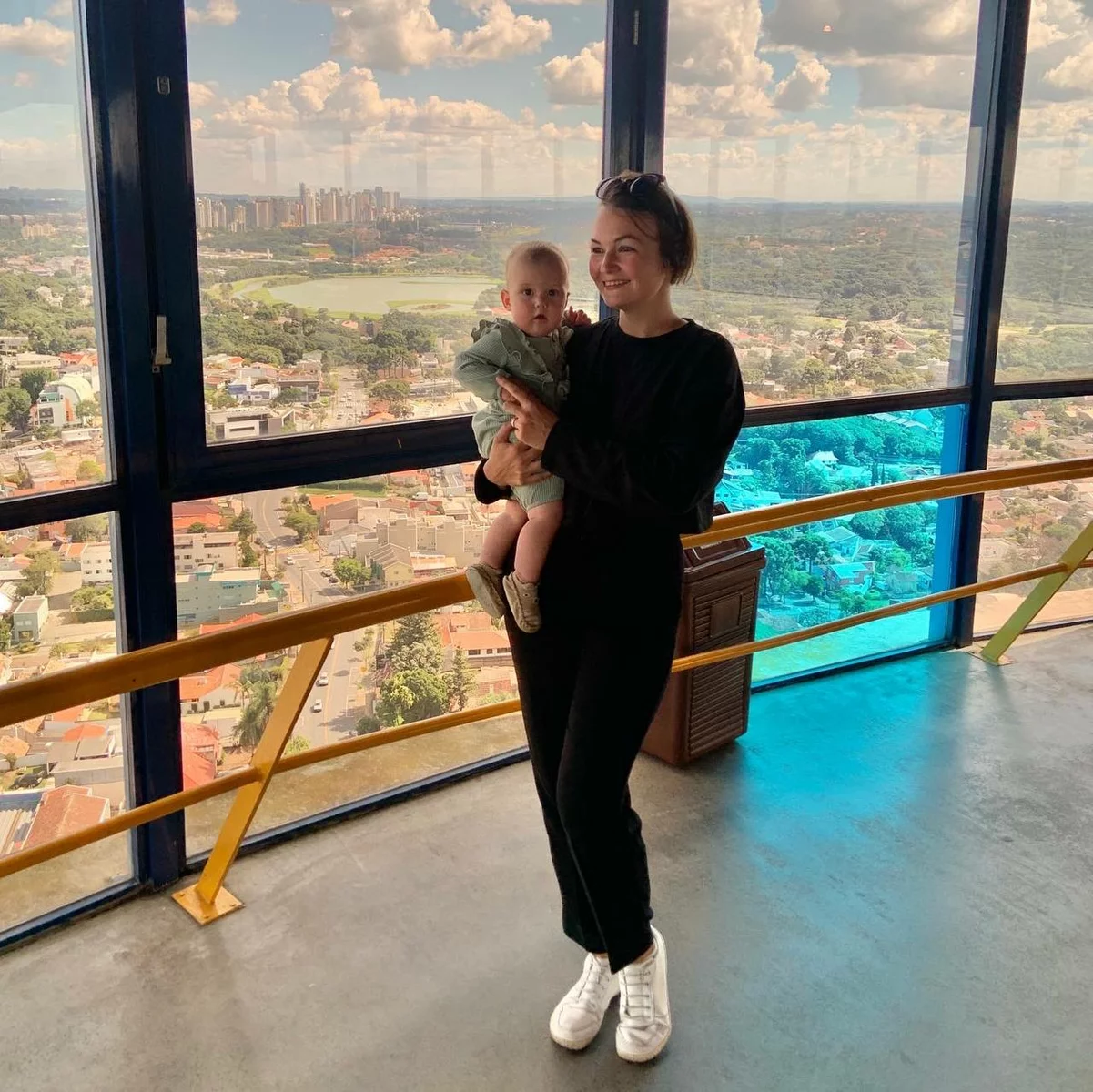
“If you earn up to $450, you don't pay taxes in Brazil at all.”
— The tax system in Brazil is organized progressively: if you live on the edge of survival, you pay no taxes; if you earn obscenely much (more than $5500), your effective rate is about 24%. If you earn up to $450, you pay no taxes at all; up to $750, you pay about 3%; up to $1500, about 11%; and up to $2000, about 15%. If you have dependents, the rate is even lower. These are approximate figures at an exchange rate of $1 for 5 Brazilian reals.
Medicine in Brazil is both paid and free. We used both. If you need to see a doctor for free, you have to sit in a live queue for an initial appointment with a general practitioner—sometimes for several hours.
I gave birth in a free hospital, and the attitude of the staff was very good. Paid labor costs about 2500–4000 dollars: there will be an individual postpartum room, the option to choose a doctor, and the ability to “order” a C-section in advance without indications. I didn't need all this.
My husband had a paid hernia surgery, and everything went well (free would have to wait about six months). Several times we treated teeth for a fee, and everything went well. For pediatrics, too, we applied both for paid and free—the only difference is the waiting time.
The school education here is weak. My daughter is finishing elementary school, and pupils are not required to write in capital letters; printed letters are enough. Mathematics lags behind—in the final grade of elementary school, children solve examples of the addition of two-digit numbers. My son is in eighth grade (it's like Russian seventh); he has strong history and geography classes, but math and computer science not so much. Affluent Brazilians try to put their kids in private schools. As long as my kids don't know the language very well, I don't see the point of private school. Private school costs between $200 and $800 a month. In a year, we'll see if there will be progress in the language, and then we'll look for a private school.
Until recently, even a tourist could open a bank account. Now the rules have changed a bit, but if you have a residence permit, you are welcome in many banks. There are progressive banks as well as retro-state banks with old applications. We opened an account while we were still tourists.
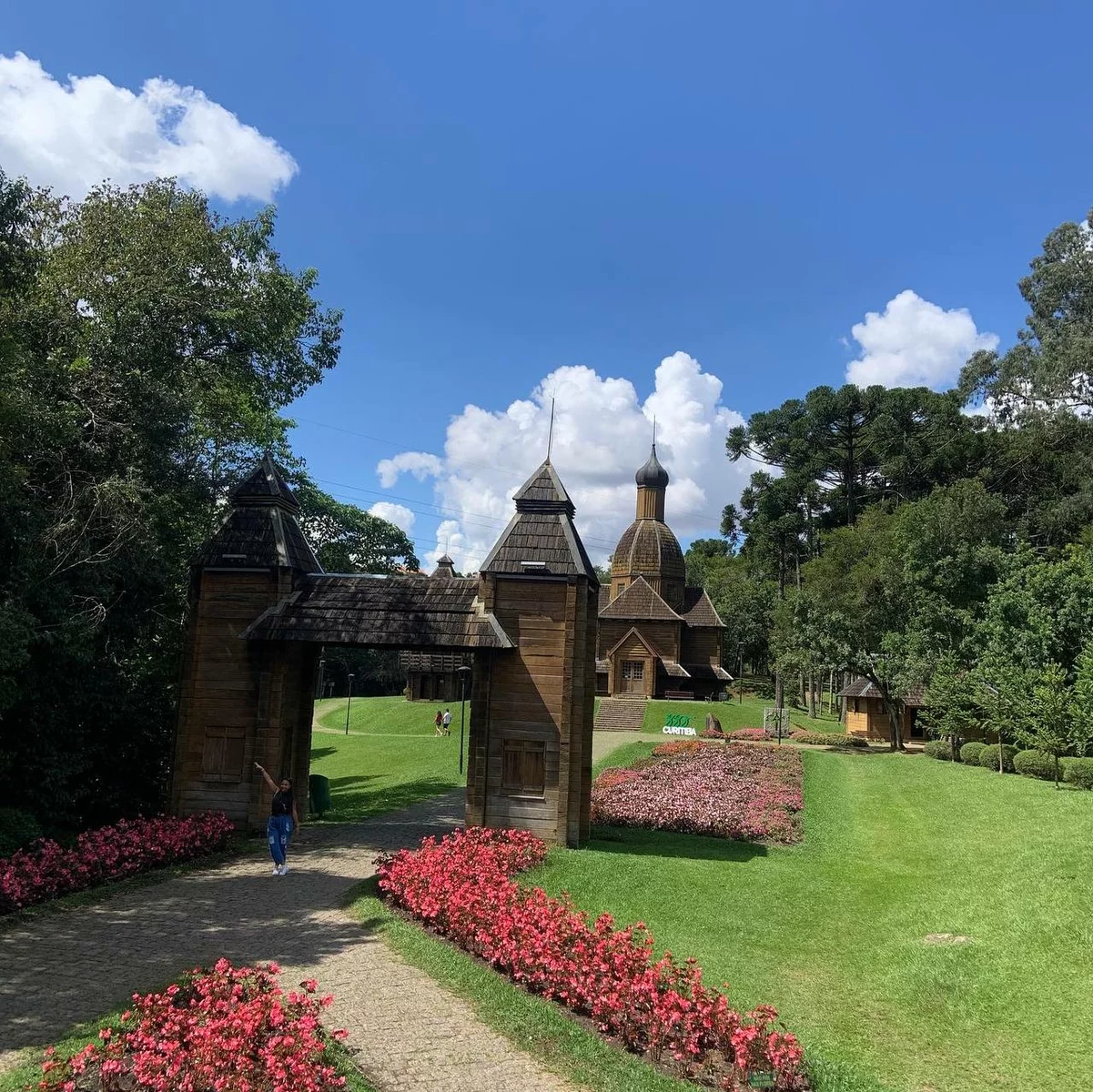

“You have to learn Portuguese to communicate properly.”
— English is not enough to live in Brazil. The situation with English is exactly the same as in Russia—a maximum of 5% of people speak it fluently. About 30% understand Spanish. Therefore, for normal communication, you need to learn Portuguese, which is relatively easy if you already know English.
By the way, Brazilians adore foreigners who learn Portuguese: they will always praise you and tell you that you have mastered the language phenomenally fast. Portuguese is the best way to win the favor of Brazilians.
“Brazil is the antipode of the UAE.”
— Brazil suits people who are free-spirited. People who are not attached to ostentatious consumption in the form of branded things. It is the antipode of the UAE: if you like Dubai, you probably won't like Brazil.
It is a country of happy, uninhibited, not always-educated people who can lie on the grass with a book in the park and whistle a song, love family traditions, travel whenever possible, and often have barbecues (called churrasco in Portuguese). Brazilians do not welcome workaholism and freely express their opinions; they love to argue about politics and soccer to the point of hoarseness.
If you enter this country with a company that offers good customer service, reliability, and consistent quality, and don’t forget to smile and compliment people in a Brazilian manner, you will quickly dominate the local market.

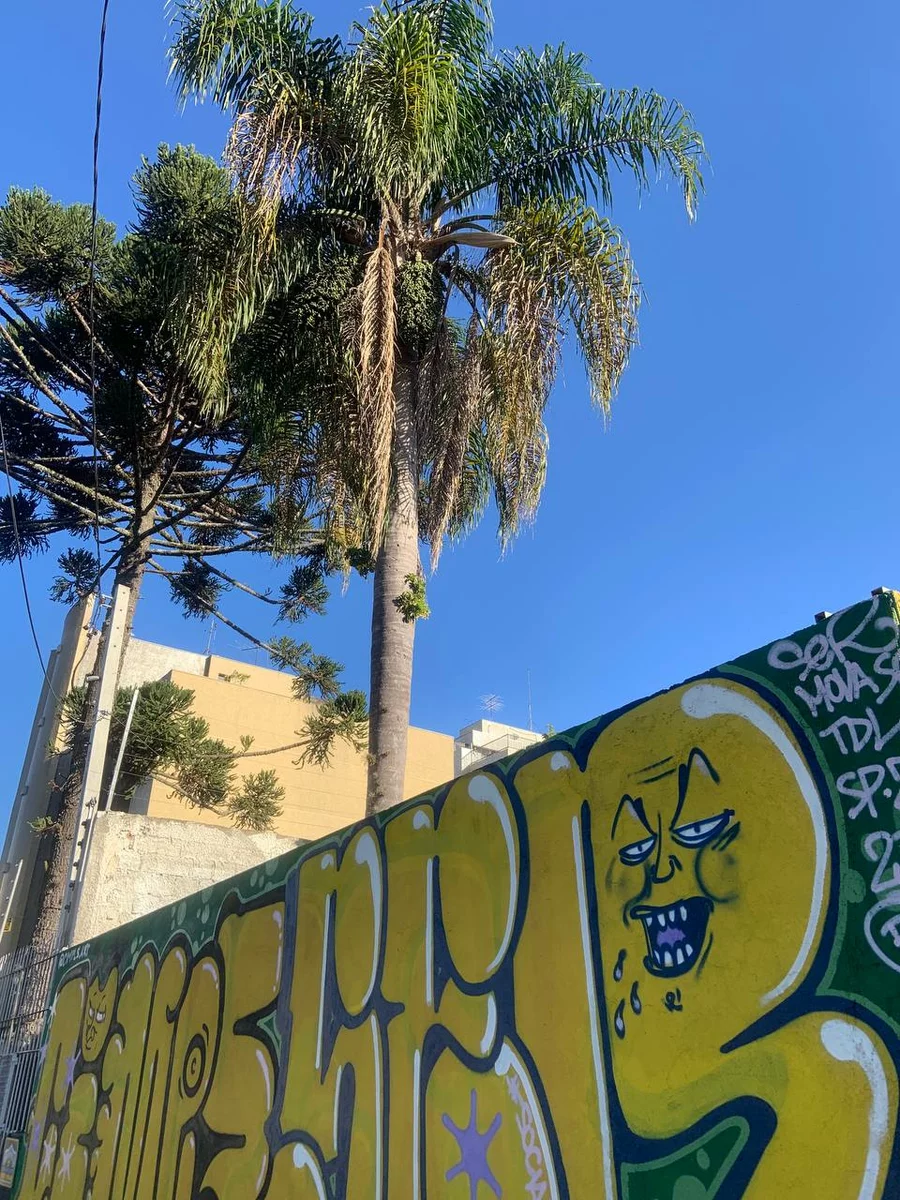
Do you want to share your personal experience of relocating and living in another country? Email us at info@realting.com. We will be happy to tell your story.
Author
I am responsible for editorial work. I write expert interviews and guides.























